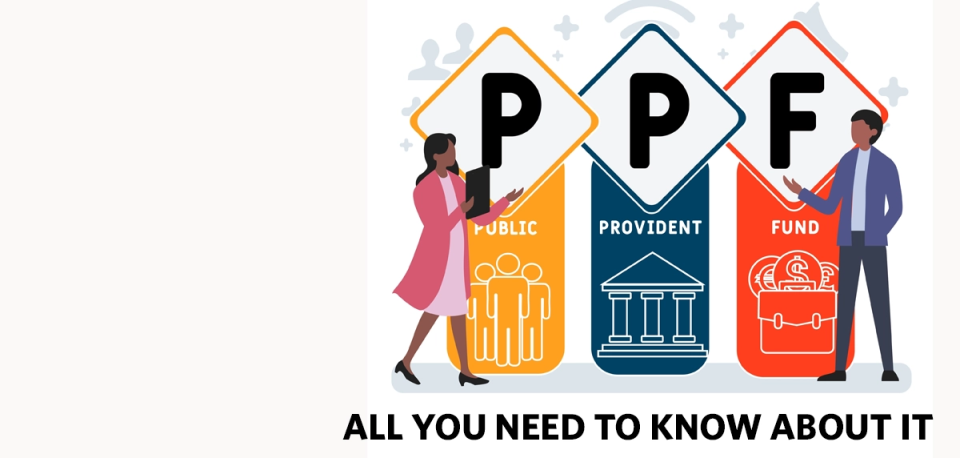If you want to make money, you must know how to manage it well. That is no easy task. Money management involves staying constantly informed about the economy, taxes, and finance. That is where a qualified investment advisor, comes in. They can bring value to your finances by helping you organize your money, make smart budgets, handle investments and insurance, and plan for retirement.
What is an investment advisor?
Investing wisely for financial security or any other purpose is very important. Professional help is the surest way to ensure you get the best basket of investments and hence, the highest possible returns on your money. The best financial advisors are those that make recommendations for investment after a thorough analysis of the market, your financial goals and needs, and the trends for investment opportunities.
What are the benefits of hiring an investment advisor?
Investment advisors are also called financial advisors. Getting a professional one is crucial to long-term financial planning as they bring a number of benefits:
Professional Financial Advice and Guidance: A financial investment advisor will have updated knowledge that will ensure they give you the best financial advice based on your lifetime financial needs.
Improved Portfolio Performance and Risk Management: Financial advisors can put together a combination of investments that get you the right balance between risk and growth. A good investment advisor will do a periodic assessment of the market, and your investment goals, and rework your portfolio if they find any risks involved. In many instances, investment advisors also refer to buying insurance as a part of the long-term investment strategy.
Tax Efficiency Planning: A large part of smart investment is for tax planning. A professional financial advisor understands the intricacies of taxes and knows how to get the maximum deductions through smart investments. They also advise on buying life insurance as a way for tax planning, doubling up as life insurance advisors as well. Since they are dedicated to your long-term benefit, they will keep track of new opportunities for investing wisely to save tax.
Why do financial advisors always recommend buying life insurance?
Most of us buy insurance to secure our family’s future, in case of the breadwinner’s sudden death or illness or disability that leads to loss of income. But buying insurance can also help you save on taxes. This makes life insurance an important part of your overall tax, investment planning & security for loved ones.
Are there different types of financial advisors?
Financial advisors can have different engagement models for advising you on investments.
Commissions: Some earn commissions on the products they recommend, so may not charge you fees for advice. You need to be careful here because they may recommend products that get them more commission, instead of focusing on your financial goals.
Fixed Fee: The best financial advisors work for a fixed fee. They charge you a percentage of the assets that they manage. Since their income is based on the growth of your assets, it is in their best interests to get you the best returns.
Registered Investment Advisors: These are companies that provide, among other services, financial and investment advice. They employ Certified Investment Advisor Representatives (IARs) to handle your investments.
AI Advisors: And then there are AI-led Robo advisors, which are automated investment advisor bots. They keep abreast of all industry trends and are able to give non-judgemental and practical advice on how, when and what to invest in.
Researching a financial advisor
While Google will give you a list, word of mouth is more trustworthy. Ask your friends or colleagues for someone who has a good performance record. Even after friendly advice, thoroughly research their background, credibility, and specializations. You need to be extra careful about their commitment to your goals and ensure they do not only recommend products that help them earn commissions.
Questions to ask a potential investment advisor
After you have identified your financial goals and the financial advisor you want to go with, you need to ask some tough questions to ensure your comfort level with their services:
1) What are your fees based on – or how do you make your money?
2) What kind of clients do you normally work with?
3) What do you want to know about my financial plan?
4) How often will you review my portfolio?
5) Do you have connections with other advisors- like a CA or CPAs or attorneys?
While investment advisors can be your biggest support for lifetime financial planning, you need to be extremely careful with the choice of one. Be clear on your financial goals, and timelines for expected expenditure, and approach the advisor with caution. There is too much of ambiguity in the industry right now, and it is best to be careful, and have a safe basket of risk and profit. The right financial advisor will help you achieve that goal.
























